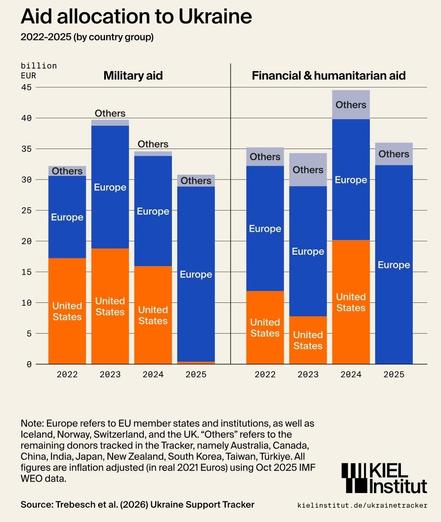2026-02-11 22:31:03
Elon Musk announces an xAI reorganization that "required parting ways with some people", after two xAI co-founders announced they were leaving this week (Lora Kolodny/CNBC)
https://www.cnbc.com/2026/02/11/musk-announces-xai-re-o…
2026-01-13 10:19:39
Series D, Episode 08 - Games
VILA: So you've had some practice, then. That's a bit of luck.
TARRANT: Well not exactly. These things chuck the lot at you. Flying the real thing's nothing after one of these.
GAMBIT: Countdown eight minutes, still running.
https://blake.torpidity.net/m/408/456
2026-01-13 00:56:23
NASA’s #Carruthers Geocorona Observatory has also achieved its target orbit, positioning the spacecraft to capture the first repeated observations of the ultraviolet glow from Earth’s outer atmosphere, the geocorona: https://science.nasa.gov/blogs/carruthers-geocorona-observatory/2026/01/12/nasas-carruthers-geocorona-observatory-reaches-target-orbit/ - the achievement was confirmed following its third and final orbital maneuver, a 2-minute thruster fire, on Jan. 8; the spacecraft has now entered its intended halo orbit around the Sun-Earth L1 Lagrange point, a position of gravitational balance approximately 1 million miles from Earth.
2026-02-12 18:16:31
2026-02-12 20:07:46
Now the US has chosen an admirer of Putin as president, who subsequently halted aid to Ukraine, Europe stepped up, filling most of the gap.
https://www.kielinstitut.de/publications/news/ukraine-support-after-4-years-of-war-europe-steps-up/…
2026-02-13 06:25:11
H-Net Job Guide Weekly Report for H-Diplo: 1-8 February
https://ift.tt/1kyOfdC
Slave subjectivities in the Iberian Worlds (15th- 20th centuries) Date: October 31,…
via Input 4 RELCFP https:/…
2026-02-14 16:10:42
H-Net Job Guide Weekly Report for H-Diplo: 1-8 February
https://ift.tt/eXoI8ZW
Slave subjectivities in the Iberian Worlds (15th- 20th centuries) Date: October 31,…
via Input 4 RELCFP https:/…
2026-02-13 06:25:12
H-Net Job Guide Weekly Report for H-OralHist: 1 February - 8 February
https://ift.tt/bwVhDSz
Slave subjectivities in the Iberian Worlds (15th- 20th centuries) Date: October 31,…
via Input 4 RELCFP
2026-02-13 06:25:10
H-Net Job Guide Weekly Report for H-Scholar: 1 February - 8 February
https://ift.tt/47tSAWj
Slave subjectivities in the Iberian Worlds (15th- 20th centuries) Date: October 31,…
via Input 4 RELCFP
2026-02-14 16:10:43
H-Net Job Guide Weekly Report for H-OralHist: 1 February - 8 February
https://ift.tt/BC4ANod
Slave subjectivities in the Iberian Worlds (15th- 20th centuries) Date: October 31,…
via Input 4 RELCFP


